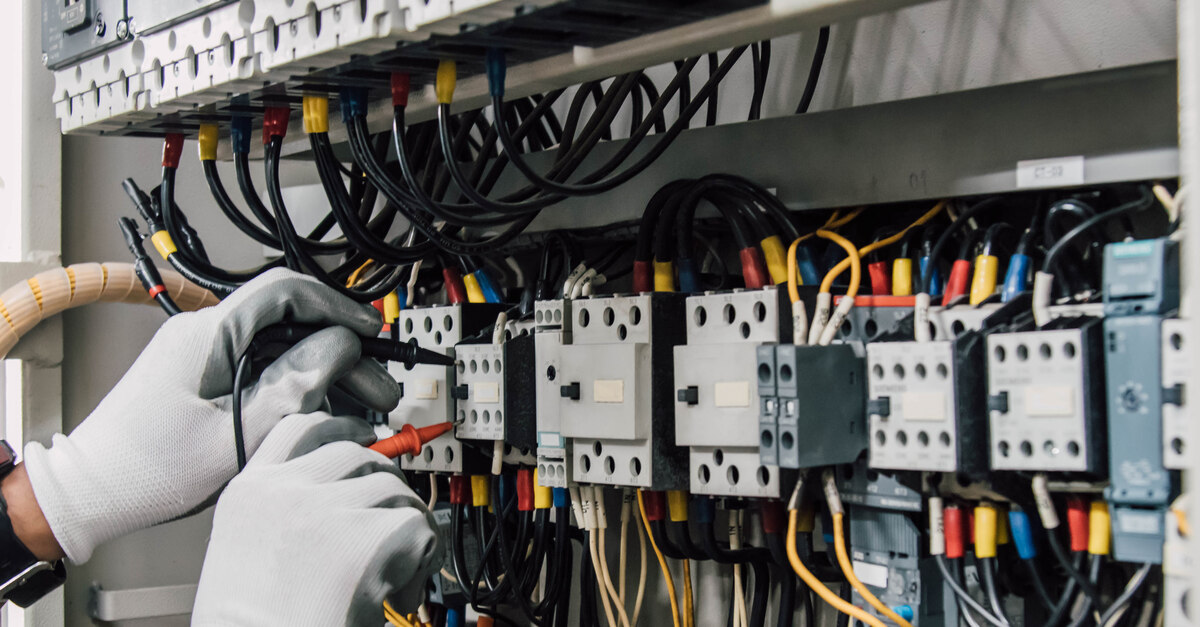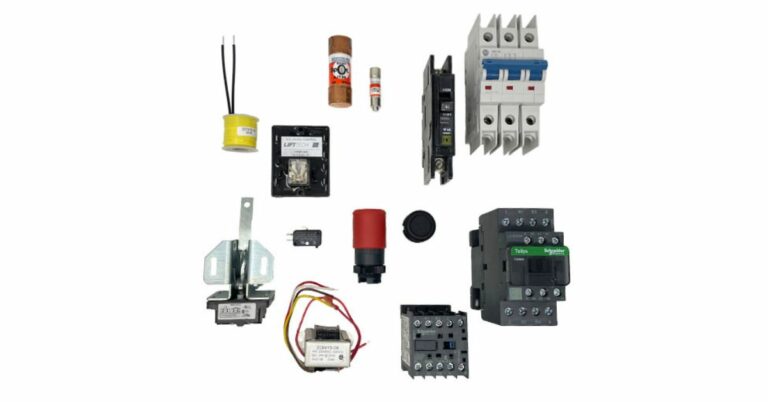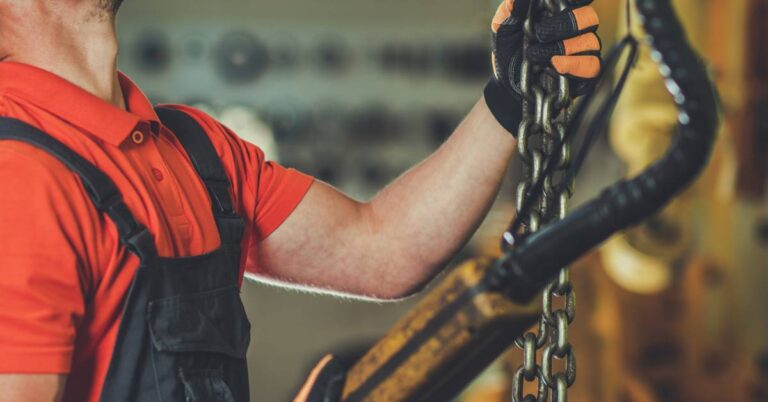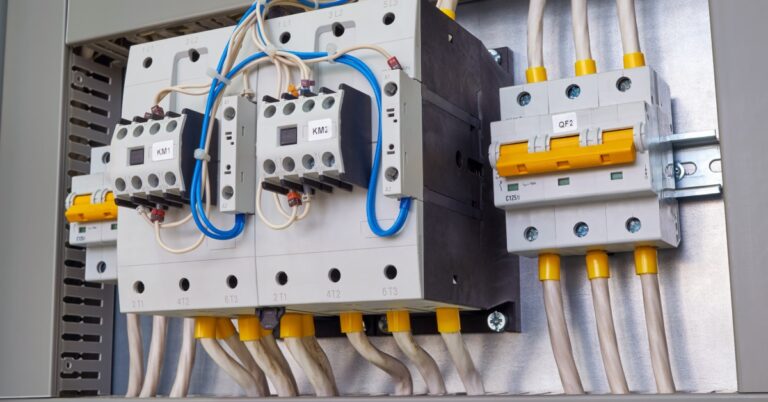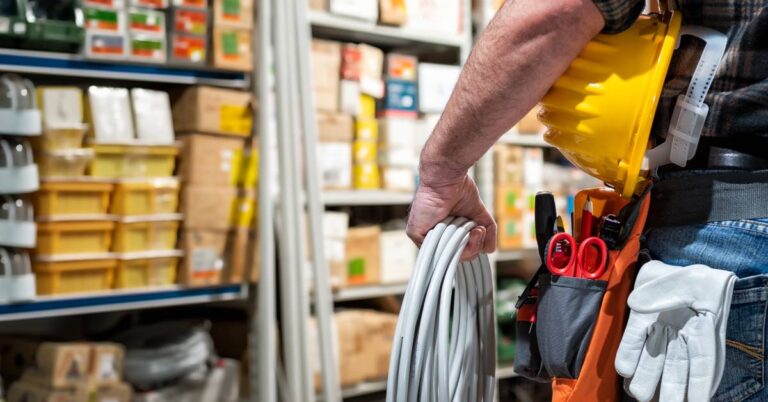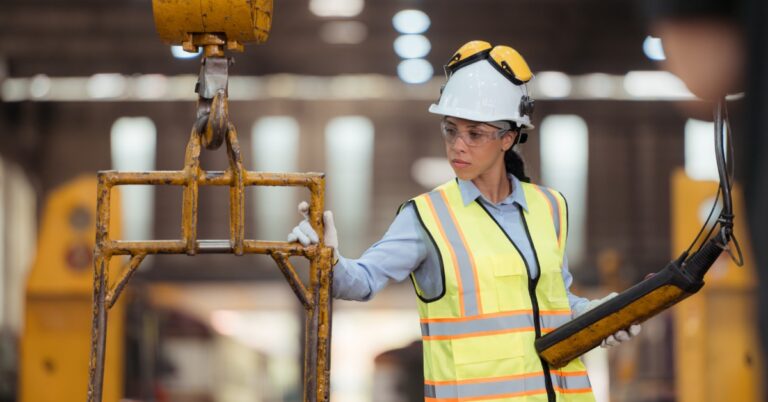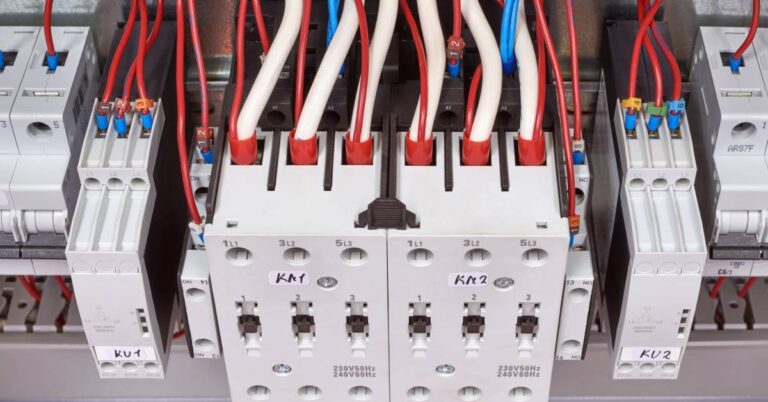Ensuring Safety in Industrial Electrical Installations
Burnt-down buildings. Electrocution. Explosions. These are just a few of the risks that come with industrial electrical installations. Because of the potential dangers, electrical contractors need to focus on safety measures to prevent accidents and keep everyone safe. From wearing PPE to following strict regulations, there are many steps contractors can take so their installations are safe and up to code.
PPE or Personal Protective Equipment
One of the best ways to prevent accidents is by having everyone on site wear the appropriate personal protective equipment, also known as PPE. This includes:
- Hard hats: Protects workers from falling objects
- Safety goggles/glasses: Prevents eye injuries from dust, debris, and flying particles
- Earplugs/earmuffs: Minimizes hearing damage from loud noises
- Gloves: Shields hands from cuts, burns, and electric shocks
- Steel-toe boots: Guards feet from heavy objects or electrical hazards
Every worker should have access to these essential items before entering a worksite.
Adhering to Regulations
Each country has its own set of regulations and codes that govern electrical installations. These standards are in place to protect both workers and the public from harm. In the US, the Occupational Safety and Health Administration (OSHA) mandates workplace safety regulations for electrical installations. Some of these regulations include:
- Proper use and maintenance of electrical equipment
- Regular inspection and testing of equipment
- Compliance with National Electric Code (NEC) standards
Contractors should educate themselves on the specific regulations in their area. Failure to comply with these regulations can result in hefty fines and even legal action.
Using Appropriate Wiring and Equipment
Electrical contractors should always use high-quality wiring, cables, and equipment that meet safety standards. Using substandard materials may save costs in the short term, but it can lead to serious accidents in the long run.
At Tanooga, we sell industrial electrical supplies, including fuses, contactors and relays, transformers, and disconnect switches. Our products are top-of-the-line and compliant with all safety standards. You won’t have to worry about using subpar equipment when you shop with us.
Regular Maintenance and Inspections
Contractors should schedule regular maintenance and inspections of their electrical installations to ensure everything is functioning properly. This includes checking for frayed wires, loose connections, and damaged equipment. They should promptly repair or replace any issues to prevent accidents.
Proper Training and Supervision
All workers involved in electrical installations should receive proper training and supervision. Everyone should be aware of safety protocols, emergency procedures, and how to properly handle equipment.
Ongoing Safety Education
Electrical safety doesn’t stop at the worksite. Contractors should make it a priority to educate workers about safe practices even outside of work. This includes proper handling and storage of tools and equipment, as well as general safety tips for working with electricity.
It’s the responsibility of every contractor to prioritize safety and protect both workers and the public from harm. Industrial electrical installations can be dangerous, but with the right safety measures in place, they don’t have to be.

